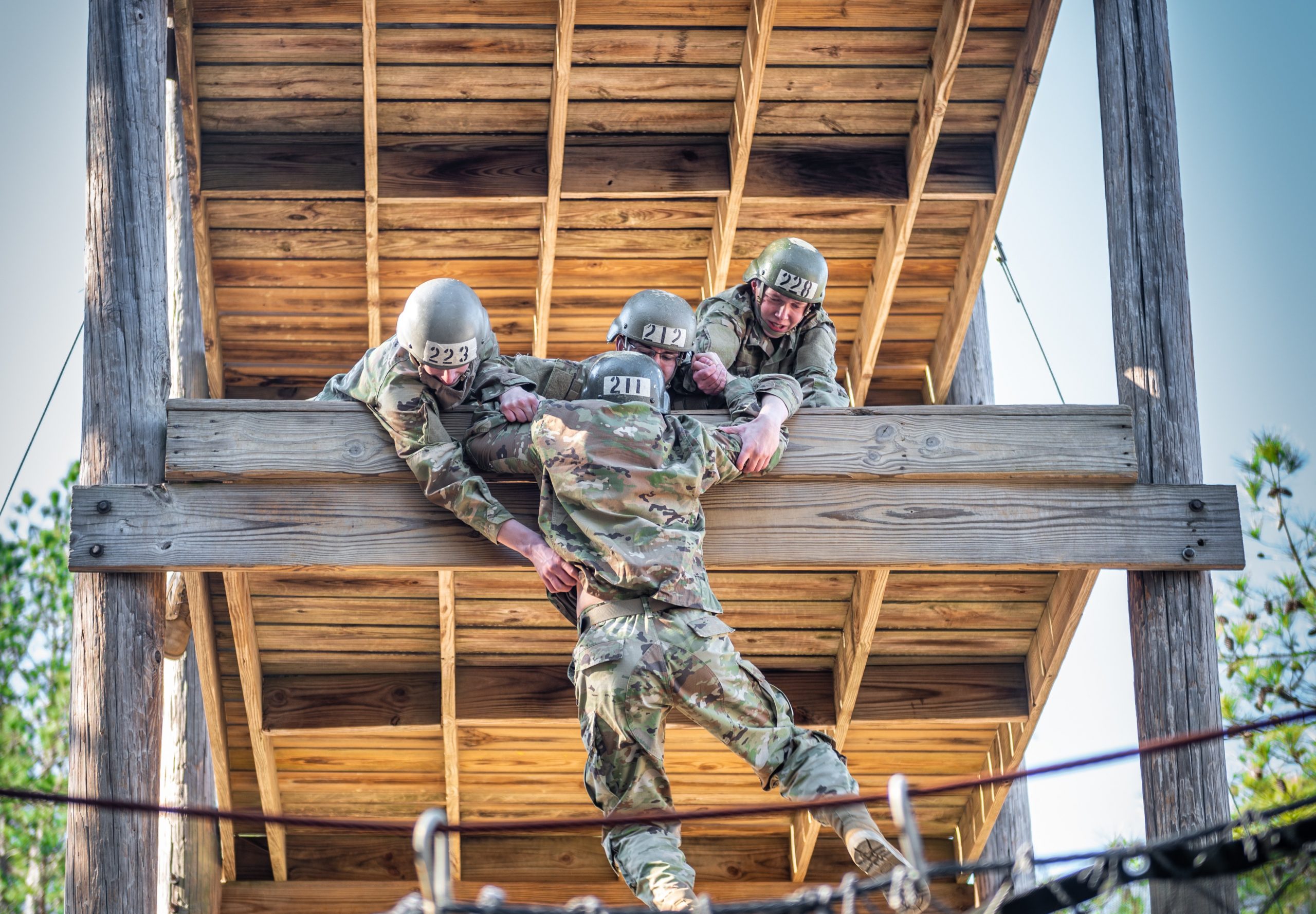Own Your Own Grid Square- Build Trust and a More Effective Team

Did you hear about the new lieutenant who was sent to find a box of grid squares only to return defeated? Hopefully, this wasn’t you. Tangible grid squares are hard to come by, but everyone has a metaphorical grid square. This article is about one’s span of control. It is about taking responsibility for your position and role within an organization. You do your part, so others can do theirs. In the aggregate, an organization of individuals who “own their grid square” will be more effective and trusted. Every member of a team has a role that must be accomplished. The smallest lapse in discipline or unaccomplished task may result in mission failure. No matter how big or small the contribution, every member of the organization relies on every other member to do what is expected of them. Through consistent execution at all echelons, trust is established. Only when everyone “owns their grid square” can a unit perform to its full potential.
We all want to work with people who are reliable – to be surrounded by individuals who are “fire and forget” types who do not need to be reminded constantly to complete their assigned tasks. They never miss a deadline. They are consistent in their performance. Day in and day out they execute their specified and implied tasks and understand their contribution to the team. They don’t sit back and passively attend meetings. Instead, they offer insights (when appropriate) to help the organization. Be that person. Own your own grid square – doing so will make you a trusted agent who requires less oversight, freeing up time for others to pursue other goals and to tackle other issues. The end result will be a more effective organization that is trusted by others. Owning your own grid square helps build trust from the inside-out.
Trust is imperative for organizations to be successful. Look at the 75th Ranger Regiment. The members of the 75th live by a creed. The creed contains several phrases that are repeated throughout the course of each day. The most common, “I will shoulder more than my share of the task whatever it may be, one-hundred-percent and then some” is used to remind unit members of the importance of carrying one’s own weight. Every member of the team must trust that every other member is doing their best and accomplishing their task. It is why the unit is often asked to do the impossible. It is why they can do the impossible. Every member is giving 100% and then some. Every member owns their own grid square and the end result is an elite, high-performing organization that others look to and rely on; it is an organization people trust.
Owning your grid square does come with challenges. If it didn’t, every organization would run seamlessly with perfect levels of trust. Our profession is often filled with no-fail tasks. We cannot rely on the strong few to carry everyone – the workload is too heavy and unceasing. Sustainable organizations are only possible when all members understand the scope of their job title and work to accomplish those tasks. Important to this concept is recognizing when you are unable to meet a suspense or need assistance. It’s critical to let others know when you are task- saturated. Be humble enough to ask for help if a priority task is at risk of remaining unfinished. Your honesty will help avoid mission failure by forcing a reassessment of priorities or critical resources.
Another way to view the concept of “owning your own grid square” is the phrase made famous by Bill Belichick, “do your job.” For a football team facing off against another team of an equal number of players with a rule book, this concept is easy to see. If any of the eleven players on the field fail to do their job, the opposing team will have an advantage. They will have a weakness that others can exploit. In the defense of the nation, the rule book between adversaries is not the same. The number of players on the field is not equal, so doing your job becomes even more critical. The stakes are higher.
Thankfully, the organization we are a part of (the US Army) has generated the duty description of every position in the force. We call this doctrine, force structure, and organization. Volumes of manuals and training courses are available to guide us in understanding our role. For example, the unit’s new intelligence officer will complete a basic branch course prior to arrival. They will be taught what is expected of them at their level. Their branch will provide them with publications with step-by-step guides to explain what and how they are expected to accomplish their duties. Finally, their supervisor should onboard them into the unit and offer initial counseling that further clarifies expectations. If this doesn’t happen, owning your own grid square means taking the initiative and seeking out guidance rather than sitting back and waiting for something that might not come.
Your teammates are relying on you. They expect and demand you to carry your own weight. When you do so, you build trust within the organization. In turn, your organization will perform better – and be trusted by others. This trust is essential in helping the Army fight and win our nation’s wars and successfully accomplish any task we are assigned. Own your own grid square and you help ensure mission accomplishment!
——————————————————————————-
Major George Fust is an active-duty Army officer. He previously taught in the Social Sciences Department at the US Military Academy at West Point. He holds a master’s degree in political science from Duke University and a Master’s of Operational Science from the Command and General Staff College. He publishes in a variety of sources.



